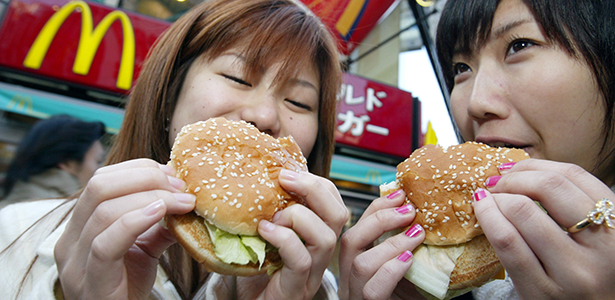– Your E-Book Is Reading You (Wall Street Journal, June 29, 2012):
Digital-book publishers and retailers now know more about their readers than ever before. How that’s changing the experience of reading.
It takes the average reader just seven hours to read the final book in Suzanne Collins’s “Hunger Games” trilogy on the Kobo e-reader—about 57 pages an hour. Nearly 18,000 Kindle readers have highlighted the same line from the second book in the series: “Because sometimes things happen to people and they’re not equipped to deal with them.” And on Barnes & Noble’s Nook, the first thing that most readers do upon finishing the first “Hunger Games” book is to download the next one.
For centuries, reading has largely been a solitary and private act, an intimate exchange between the reader and the words on the page. But the rise of digital books has prompted a profound shift in the way we read, transforming the activity into something measurable and quasi-public. Eben Shapiro explains on Lunch Break. Photo: AP.
In the past, publishers and authors had no way of knowing what happens when a reader sits down with a book. Does the reader quit after three pages, or finish it in a single sitting? Do most readers skip over the introduction, or read it closely, underlining passages and scrawling notes in the margins? Now, e-books are providing a glimpse into the story behind the sales figures, revealing not only how many people buy particular books, but how intensely they read them.
We Know What You Read

